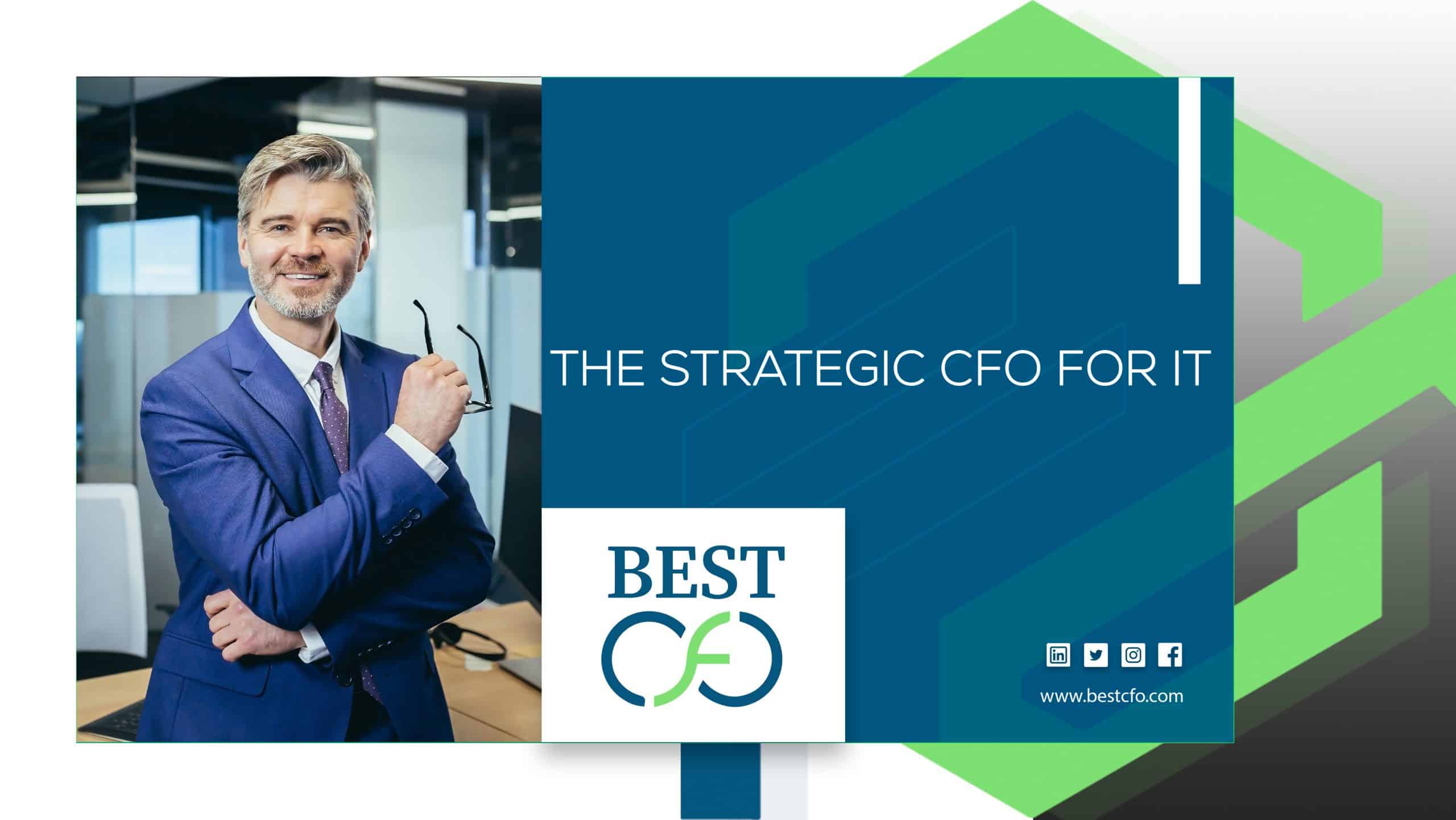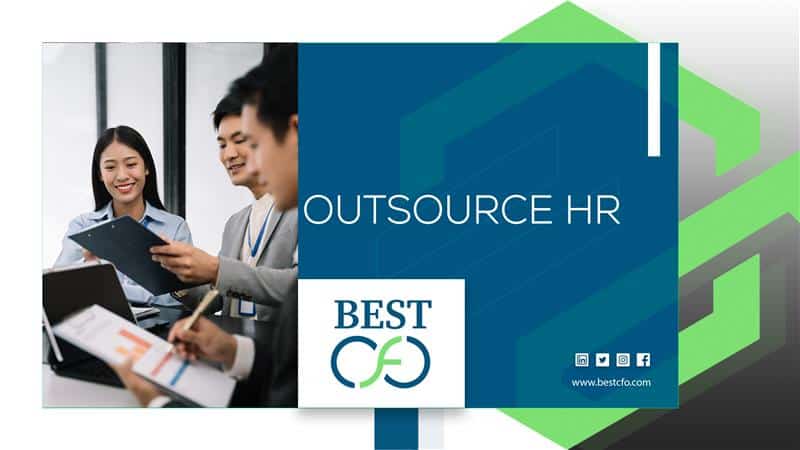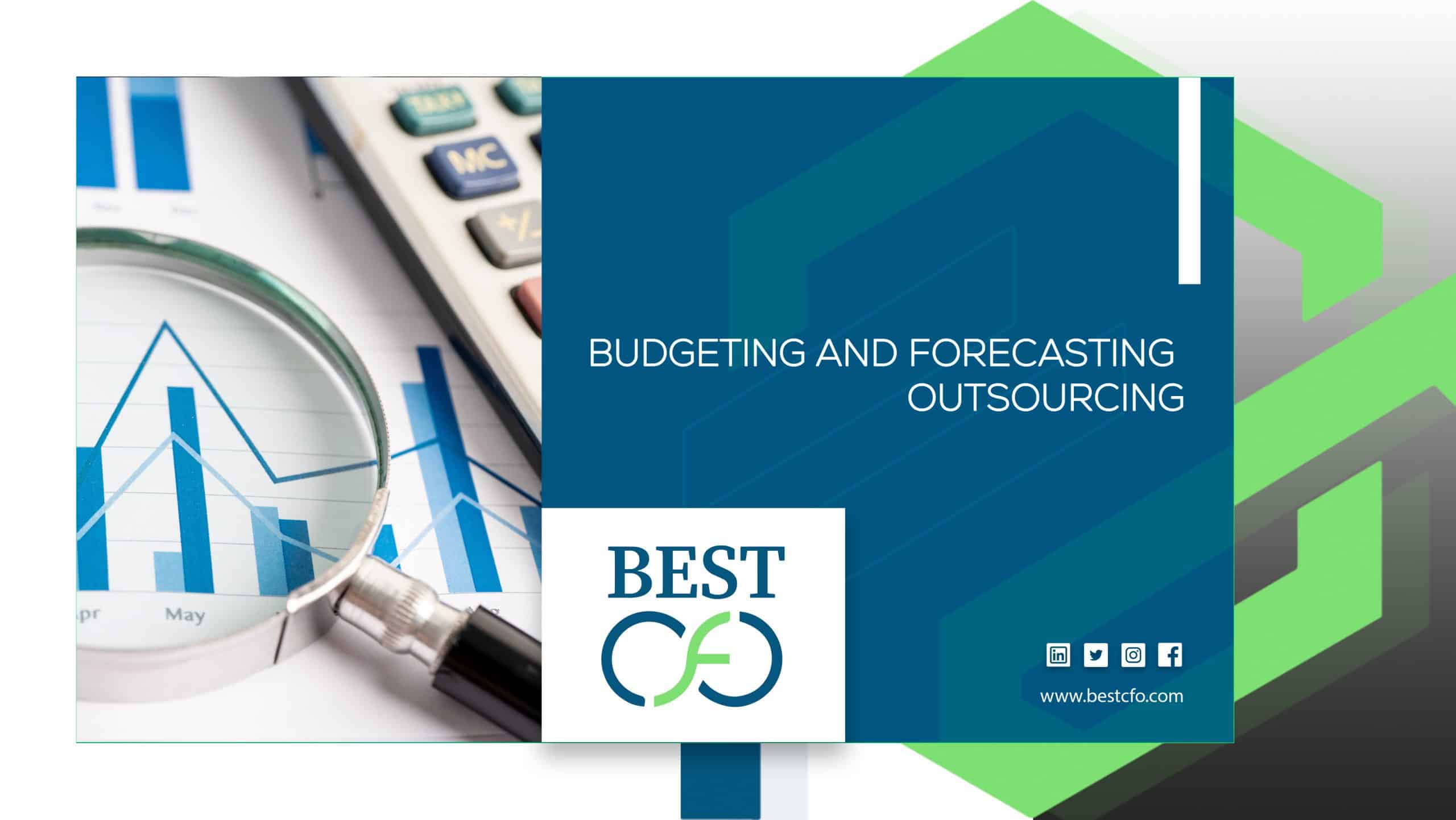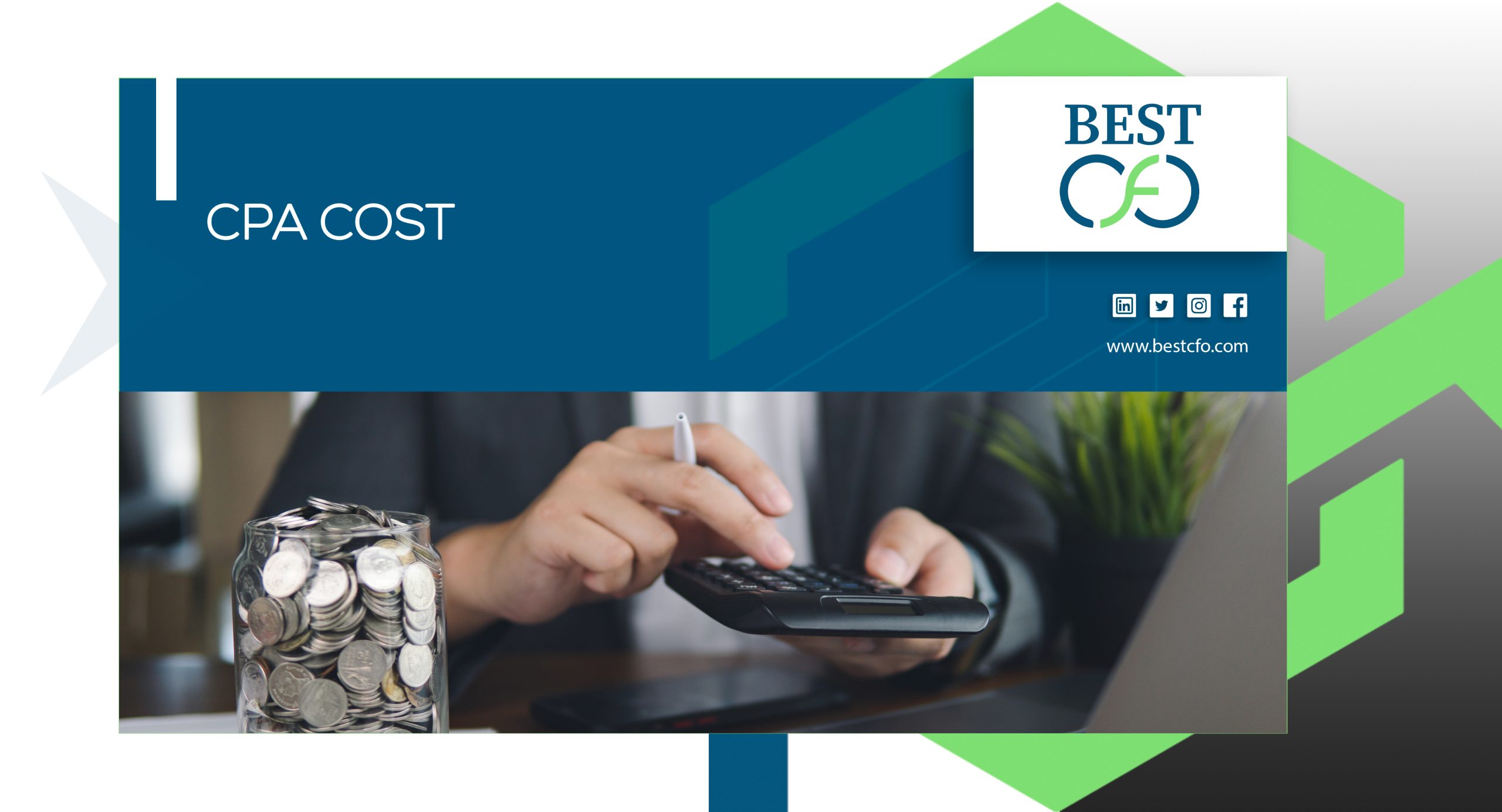
| Getting your Trinity Audio player ready... |
How Much Does A CPA Cost For Your SMB
When you’re running a small business, every dollar counts. From rent to payroll to software, costs stack up fast. One major expense you might not have planned for is hiring a Certified Public Accountant (CPA). But when it comes to managing your money, handling taxes, and staying in line with government rules, a CPA can be a lifesaver.
So, how much does a CPA cost for your small or mid-sized business (SMB)? And is it worth the investment? This guide breaks it all down, using everyday words and ideas to help you make the best choice for your business.
How Much Does a CPA Cost Generally?
The CPA cost can vary a lot depending on where you live, what you need help with, and how often you need it. On average, small businesses in the United States spend anywhere from $150 to $400 per hour for CPA services. Some CPAs charge a flat rate for certain tasks like filing a tax return, while others work on a retainer agreement.
The cost of living in your area plays a big role in how much you’ll pay. For example, a business in New York City may pay more than one in a small town due to higher overhead expenses.
Factors Determining CPA Cost For Small Businesses
Several things affect how much you’ll pay for CPA services. Here are the main ones:
The Complexity of Return
If your business has a simple setup with only one or two sources of income, your tax preparation will be easier—and cheaper. But if you have multiple income streams, own property, or work in service industries, expect to pay more. Taxation in the United States can get complicated fast.
The Quality of Bookkeeping
If your bookkeeping is messy or missing, the CPA has to spend more time sorting it out. Clean records can save you money. A spreadsheet or accounting software like QuickBooks or Xero can help keep your books in shape.
Time Needed to File
The more time your CPA spends preparing your return or giving you advice, the higher the bill. If it’s tax season, they may charge more due to high demand. Planning ahead and being ready helps reduce this expense.
Pay Range and Fee Structure of Firm
Some CPAs work solo, while others are part of big accounting firms. Larger firms often charge more but may offer more services, like forensic accounting, audit support, or business valuation. Some may also offer product bundling options for better value.
Why Do You Need a CPA for Your Small Business?
Hiring a CPA might seem like a big investment, but it can save you money and stress in the long run. Here’s why:
- They know the Internal Revenue Service (IRS) rules inside out.
- They help you stay in regulatory compliance and avoid IRS penalties.
- They offer advice on financial planning, tax deduction strategies, and budget control.
- They protect your reputation by helping you file the right way.
Plus, CPAs are licensed experts who have passed the Uniform Certified Public Accountant Examination and follow a strict code of ethics. That’s peace of mind you can’t put a price on.
How Can You Lower the CPA Cost?
You don’t always have to break the bank to get great financial help. Here are smart ways to cut the CPA cost:
Organize Your Financial Records
Have your receipts, income statements, and invoices ready. Keeping clean records helps your CPA work faster—and charge less.
Outsource Routine Tasks
Hiring a bookkeeper or using outsourcing services for simple tasks like data entry can cut CPA hours. This means your CPA can focus on more important things like strategy and tax optimization.
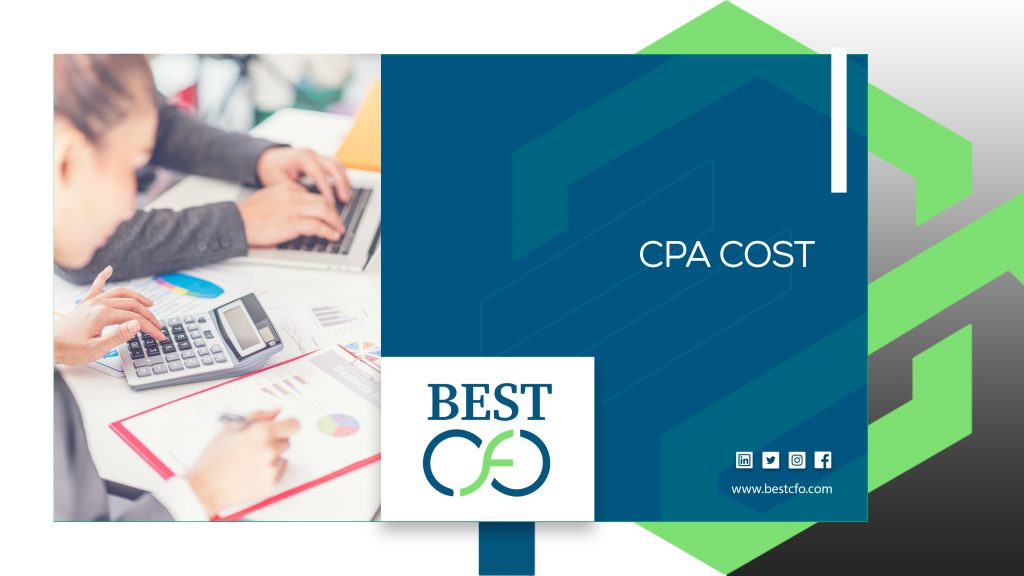
Use Customized Service Packages
Many firms offer tailored plans based on what you need. This is called product bundling. You pay one fee for a package of financial services, which often costs less than paying for each service separately.
Reduce the Frequency of Consultations
Meeting with your CPA once a year for tax preparation in the United States is usually enough for many small businesses. If you don’t need regular help, skip the monthly check-ins to save on payments.
Benefits of Hiring a Tax Professional
Still unsure if you need a CPA? Here’s what they bring to the table:
Expert Guidance
CPAs bring real experience to the job. Their deep knowledge of business economics, corporate finance, and government finances helps you make smarter choices.
Time Saving
Instead of spending hours figuring out forms and rules, you can focus on running your business. Let your CPA deal with the paperwork and regulation.
Error Reduction
Mistakes on tax forms can lead to big trouble. CPAs help you avoid errors that could cause legal liability, delays, or fines from the IRS.
Tax Optimization
They help you find every tax deduction you qualify for—so you keep more of your hard-earned money. They can also suggest ways to lower your corporate tax through smart planning.
Compliance Assurance
From staying on top of changing tax laws to avoiding tax avoidance traps, CPAs keep your business in good standing with the law.
Conclusion
So, how much does a CPA cost for your SMB? The answer depends on what you need, where you are, and how prepared your records are. While it may seem like a big cost upfront, hiring a CPA is often a smart investment in your financial stability and business success.
By keeping your books in order, using smart tools, and only paying for what you need, you can get great value without going over your budget.
FAQs
1: Is hiring a CPA worth the cost for a small business?
Yes, especially if you’re dealing with tax issues, growing income, or audit risks. Their help can boost your revenue and lower your risk.
2: Can I do my taxes myself instead of hiring a CPA?
You can, but mistakes are costly. A CPA helps you file right the first time and may find deductions you’d miss.
3: What’s the difference between a CPA and a regular accountant?
A CPA has passed a national exam and holds a license. They’re qualified for more complex work like audits, valuation, and strategic planning.
4: What tools can help me lower CPA costs?
Use accounting software, manage spreadsheets well, and keep digital copies of every receipt. These tools save time—and time is money.
5: How often should I meet with my CPA?
At least once a year for tax return filing. But if you’re making big changes, like launching a new product or entering a new market, check in more often.
Related Posts
From Finance to Future-Proofing: The Strategic CFO for IT
From Finance to Future-Proofing: The Strategic CFO for IT Suppose a traditional CFO sitting at…
CFO vs Finance Manager: Choosing The Right One For You
CFO vs Finance Manager: Choosing The Right One For You The finance world can be…
When Should You Outsource My CFO? – The Guide
When Should You Outsource My CFO? – The Guide Every business, no matter how small…
Top 5 Reasons Why You Should Outsource HR
Top 5 Reasons Why You Should Outsource HR Outsourcing is gaining popularity among businesses looking…
 Demos
Demos  Colors
Colors  Docs
Docs  Support
Support 



